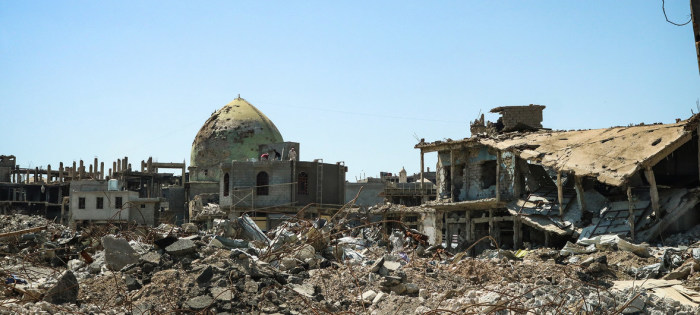WSi News2020-07-24 13:35:57
A recent report for the UN Security Council concludes that ISIL operations have increased in the core conflict zone of Iraq and the Syrian Arab Republic
Islamic State in Iraq and the Levant (ISIL) remains resilient; and Al-Qaida has ingrained itself in local communities and conflicts. Both organizations and their global affiliates and supporters continue to generate violence around the world, whether through insurgency tactics, the direction and facilitation of terrorism or providing the inspiration for attacks. ISIL operations have increased in the core conflict zone of Iraq and the Syrian Arab Republic, a cause of concern for Member States.
Behind this trend lies a more complex picture, in which ISIL maintains the ambition to control territory and populations but, for the moment, represents an entrenched rural insurgency without the reach to threaten urban areas on a sustained basis. The impact of the coronavirus disease (COVID-19) pandemic on terrorism has varied between conflict zones and non-conflict zones and between short- and longer-term threats. Groups are using the outbreak to advance propaganda and fundraising and, in some regions, are seeking to take advantage of perceptions that the attention of security forces is diverted elsewhere.
At the same time, the pandemic has made cross-border travel more difficult and targets more elusive, and the operational tempo of attacks has slowed discernibly in some regions. Should the pandemic lead to a severe global recession, the international community may be faced with further headwinds in countering terrorism and extremist narratives. Both ISIL and Al-Qaida suffered leadership losses in recent months, and although both organizations have proved adept at surviving such transitions, the deaths provide an opportunity for Governments and other groups to take advantage of power vacuums.
The new leader of ISIL, Amir Muhammad Sa’id Abdal-Rahman al-Mawla, has not visibly asserted himself in communications, which may prove to be a limiting factor in his influence and appeal, and perhaps that of the group. Al-Qaida is further entrenching in regions beyond its historical stronghold in Afghanistan, where it faces a serious challenge if the peace process develops momentum. It exploits the tarnished ISIL brand and societal fractures to enhance legitimacy and gain local traction and recruits. The relationship between ISIL and Al-Qaida remains fraught and idiosyncratic, depending on regional dynamics.
Those dynamics are most troubling in West Africa and the Sahel, where the various terrorist groups and affiliates appear to aim systematically at undermining fragile jurisdictions, and stabilization and development are proving challenging. The international community continues to struggle with whether and how to return and reintegrate fighters from the conflict zone and their family members into their countries of origin and/or nationality. The global pandemic has further complicated efforts to provide the relevant consular and screening services and presents additional challenges to a range of counter-terrorism efforts.
Read the full report https://undocs.org/S/2020/717
